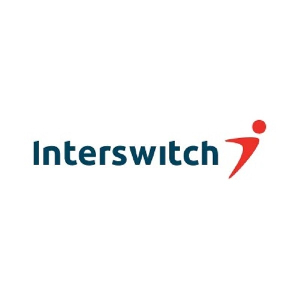The National Judicial Council (NJC) has set up 15 investigative panels to probe 15 judges accused of various forms of misconduct.
A statement by the NJC’s Director of Information, Soji Oye, on Friday, said the council set up the panels at its 99th meeting held in Abuja on Thursday.
The meeting of the council which held between Wednesday and Thursday was presided over by its chair and the Chief Justice of Nigeria (CJN), Olukayode Ariwoola.
Mr Oye said the NJC took the decision to set up the 15 investigative panels after reviewing the recommendations of three Preliminary Complaint Assessment Committees (PCACs).
The three PCACs assessed a total of 66 petitions forwarded to them by the NJC from all over the federation, Mr Oye stated.
At the end of the NJC’s review of the PCACs’ report, Mr Oye said, the council dismissed 51 of the petitions “for either lack of merit, being subjudice, or being matters for appeal or that the concerned judge have retired from service.”
The council proceeded to set up 15 investigative panels on the remaining 15 petitions consider to have substance worthy of further probe.
The names of the judges billed to face trial were not named in the NJC’s statement.
The council characteristically discloses on names of judges that have been sanctioned at the end of such probes.
The NJC, according to Mr Oye, also received the reviewed Judicial Information Technology Policy which established the general requirements and responsibilities for the Nigerian judiciary systems and information.
“The policy provides for guidance of Courts and Judicial Bodies in protecting Confidentiality, Integrity and Availability (CIA) of judiciary function and process.
“It also stipulates guidance for acceptable use of system, services and technologies as well as provisions for secure storage of judicial data and recovery processes in the event of emergencies or distress. It further provides guidelines and incident management policies including Data Centre deployment and use policies,” the NJC’s statement said.
It added that the scope was “intended for all courts and judicial bodies in Nigeria including staff of the Nigerian judiciary, employed or contracted to any Judicial body handling information that is generated, received, stored, transmitted, or printed.”
It added that the system encompassed all personal or judiciary identifiable data held in their courts and judicial bodies’ systems and process, including supporting mechanisms and technologies for managing such data at rest or in transit.
All members of staff are also expected to comply with the policy and associated standard protocols and procedures that have been put in place to support the document, according to NJC.
It added that the policy was applicable to all courts unit, departments of all judicial bodies in the Nigerian judiciary.
The NJC also noted the swearing-in of judges of federal and state High Courts who were recommended for an appointment at its previous meetings.
Reports from standing and ad-hoc committees of the Council were also presented at the meeting as well as notifications of the retirement of 16 Judges and notification of the death of a Judge from the Federal and State High Courts.
General News of Friday, 2 December 2022
Source: www.premiumtimesng.com













